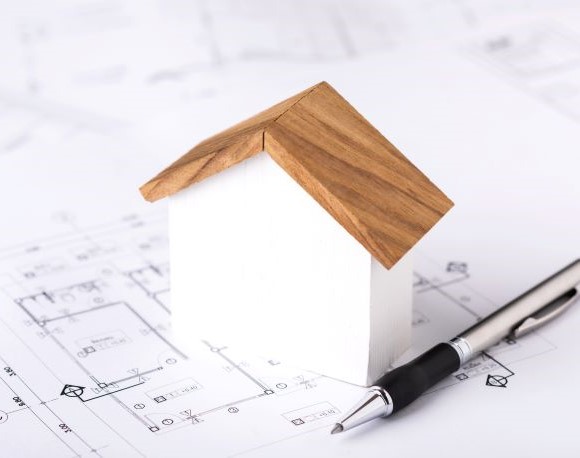October 3, 2025
UPDATED 10/3/2025
A new state-sanctioned report confirms what builders have long known: many local governments are failing to process permits within legally defined timeframes. The report is required under SB 5290, a bill supported by BIAW and passed during the 2023 legislative session.
Below are key takeaways from the report published by the Department of Commerce:
- Comparing all jurisdictions in the report, construction permits took 81% longer than allowed by law, while subdivision permits saw delays of nearly 200%.
- Binding site plan permits were processed 46% faster, showing it is possible to improve efficiency by using previously underutilized tools.
- Nearly half of all permits were processed more than 90 days late, with an average delay of 143 days (almost 5 months!) and $157,300 in unexpected project expenses.
- The worst offenders for delays exceeding 400 days include King County (1,557), Kitsap County (985), City of Bellevue (616), City of Issaquah (412), City of Mercer Island (404), and City of Kirkland (401).
- To illustrate importance: King County clocks in permits at a jaw-dropping 1,557-day (almost 52 months!) delay, burning more than $243,000 in carrying costs per housing project.
- Delays, regardless of the reason, undermine any efforts to increase the supply of accessible housing because delays guarantee higher rent premiums and home purchase prices.
- Local governments were authorized to adopt self-imposed timelines before January 1, 2025. Almost half the jurisdictions opted for longer timelines than the minimums listed in law, which range from 30 to 170 days.
- The City of Kirkland has provided itself with 730 days to approve a construction permit, whereas the City of Edmonds has granted itself 540 days.
- The City of Bainbridge Island is proving its disdain for multi-family housing, as self-imposed deadlines for these permit types ranged from 275-315 days, about double the review time authorized by statute.
We've also included insights into differences we recognized when reviewing the final version against the draft version of the report:
- The cities of Des Moines and Tukwila did not have permits with decisions in 2024 and therefore did not have data to report.
- The City of Kenmore’s data was changed significantly from the original version of the report. Construction permits were previously reported at 143.2 days of delay; Construction Other permits were previously reported at 254.4 days of delay; Preliminary subdivisions were previously reported at 212 days of delay; Final subdivisions were previously reported at 175.5 days of delay.
- The City of Marysville (population approximately 76k) and Whatcom County (population approximately 234k) were the only jurisdictions that did not submit the required data to Commerce. Both jurisdictions appear to be recruiting for their planning and development departments so it’s likely staffing shortages could be blamed for the lack of data submission. While BIAW sympathizes, our members also experience significant staffing shortages but are still required to comply with laws, regulations, and deadlines that appear at each level of government.
- The report highlights the inability of jurisdictional staff to follow directions. For example, some data collection forms were altered, while others were not filled out correctly or completely, resulting in incomplete data being submitted.
In a few instances, the report also highlights the lack of seriousness in providing the required data or setting permit approval goals.
- The City of Seattle did not follow the data collection process and instead provided a list of some of the data. Because of this, no report was created because the city doesn’t appear to be tracking or categorizing their permits similarly to other jurisdictions. While they could’ve used deductive reasoning to provide the information Commerce was seeking, the city chose to be a hinderance to the data collection process. Finally, the data the city did submit illustrates their processing durations exceed the default timelines authorized in SB 5290.
- This represents an opportunity for the Washington Legislature to codify uniform definitions for each permit type. A change of this magnitude would also provide better data on townhome and condo unit construction. Until uniformity is established, data is likely distorted and should not be relied upon for policymaking purposes.
- Thurston County left two permit categories (preliminary subdivision and binding site plan) as “depends” instead of setting a timeline.
- Perhaps most alarming is the City of Tacoma’s self-imposed deadline for construction permits of 100,000 days. Either this is an unfortunate typo or an indication they’re unlikely to be good-faith partners in solving the housing affordability crisis in one of the state’s most populous cities. **Update: The City of Tacoma has updated its deadline to 100 days.**
The report is clear: many local governments that claim to care about improving housing affordability are not aligning their actions to their words. Citizens can demand action from their local elected officials and hold them accountable when they fail to deliver on promises.








